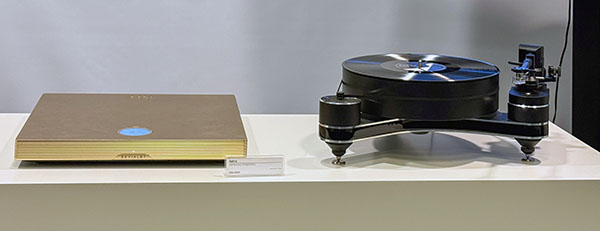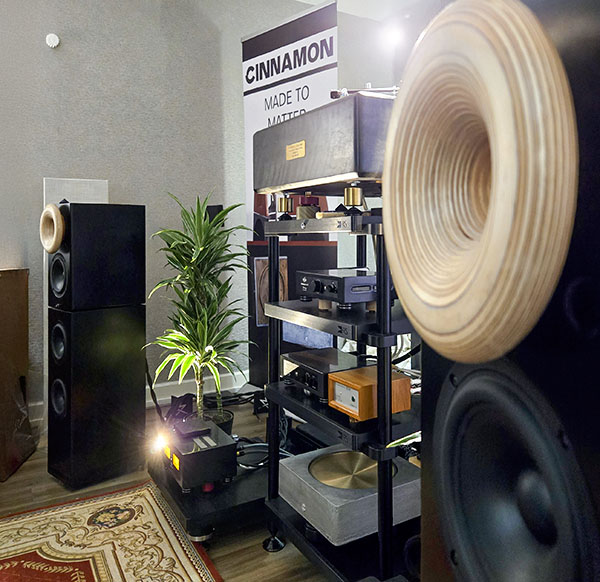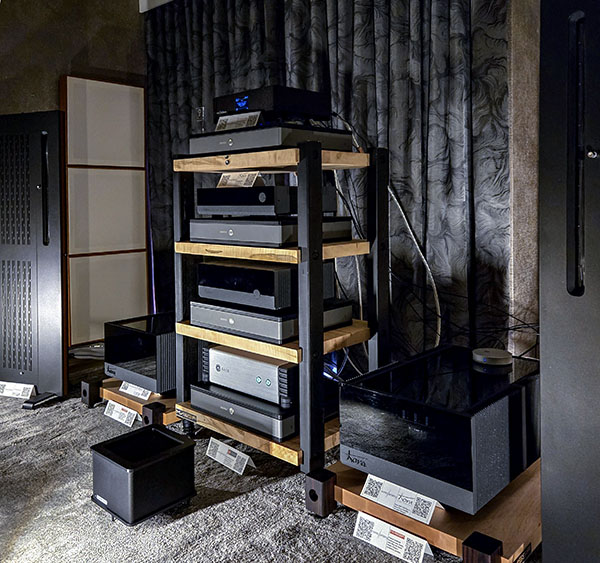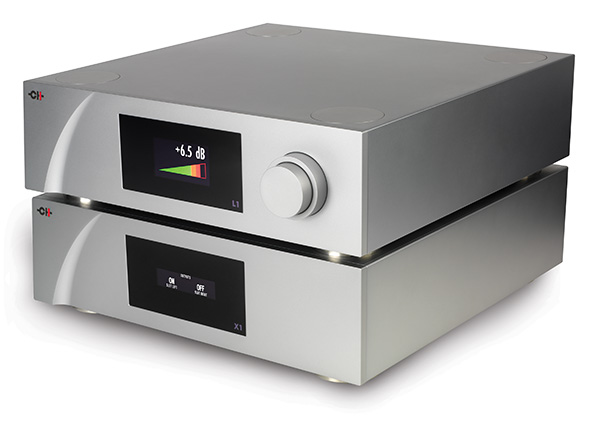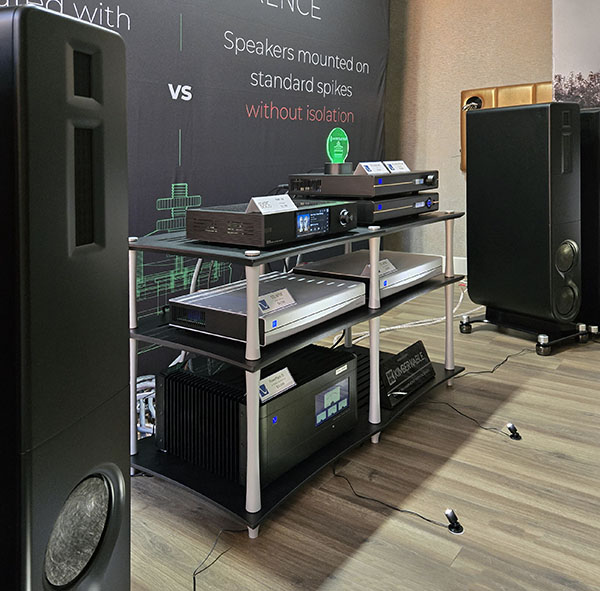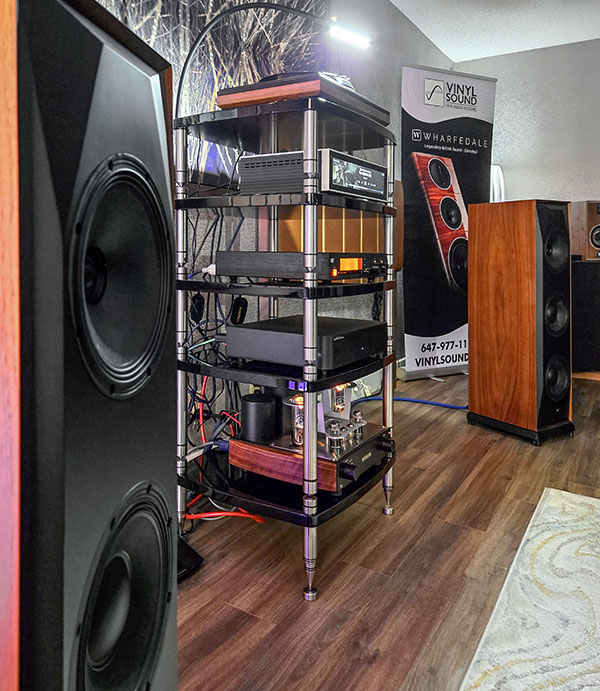
Vinyl Sound: MoFi Electronics, Mastersound, Solidsteel, HiFi Rose, IsoTek, Cardas Audio - Toronto Audiofest 2024
Vinyl Sound: MoFi Electronics, Mastersound, Solidsteel, HiFi Rose, IsoTek, Cardas Audio - Toronto Audiofest 2024

- Read more about Vinyl Sound: MoFi Electronics, Mastersound, Solidsteel, HiFi Rose, IsoTek, Cardas Audio - Toronto Audiofest 2024
- Log in or register to post comments

